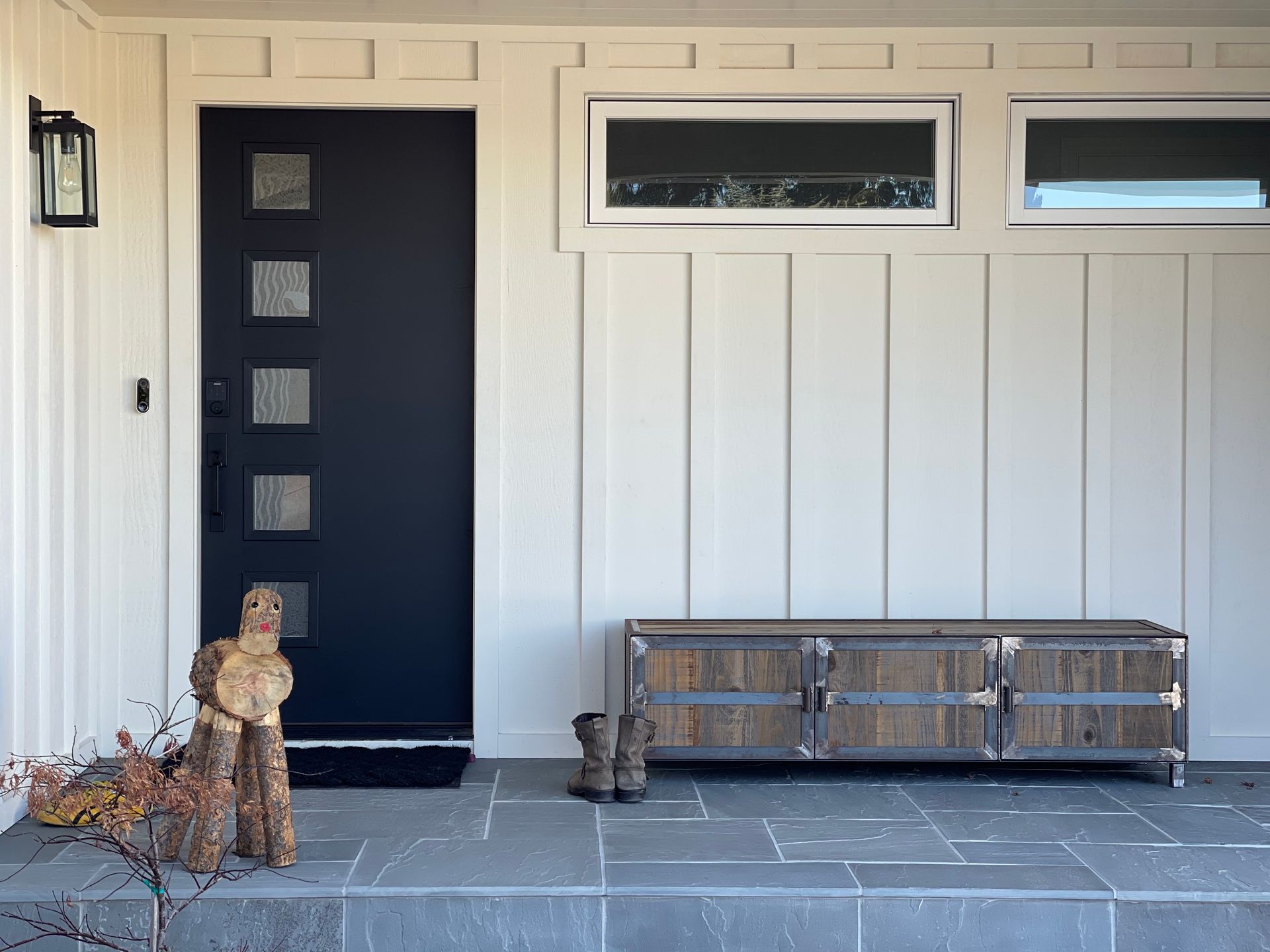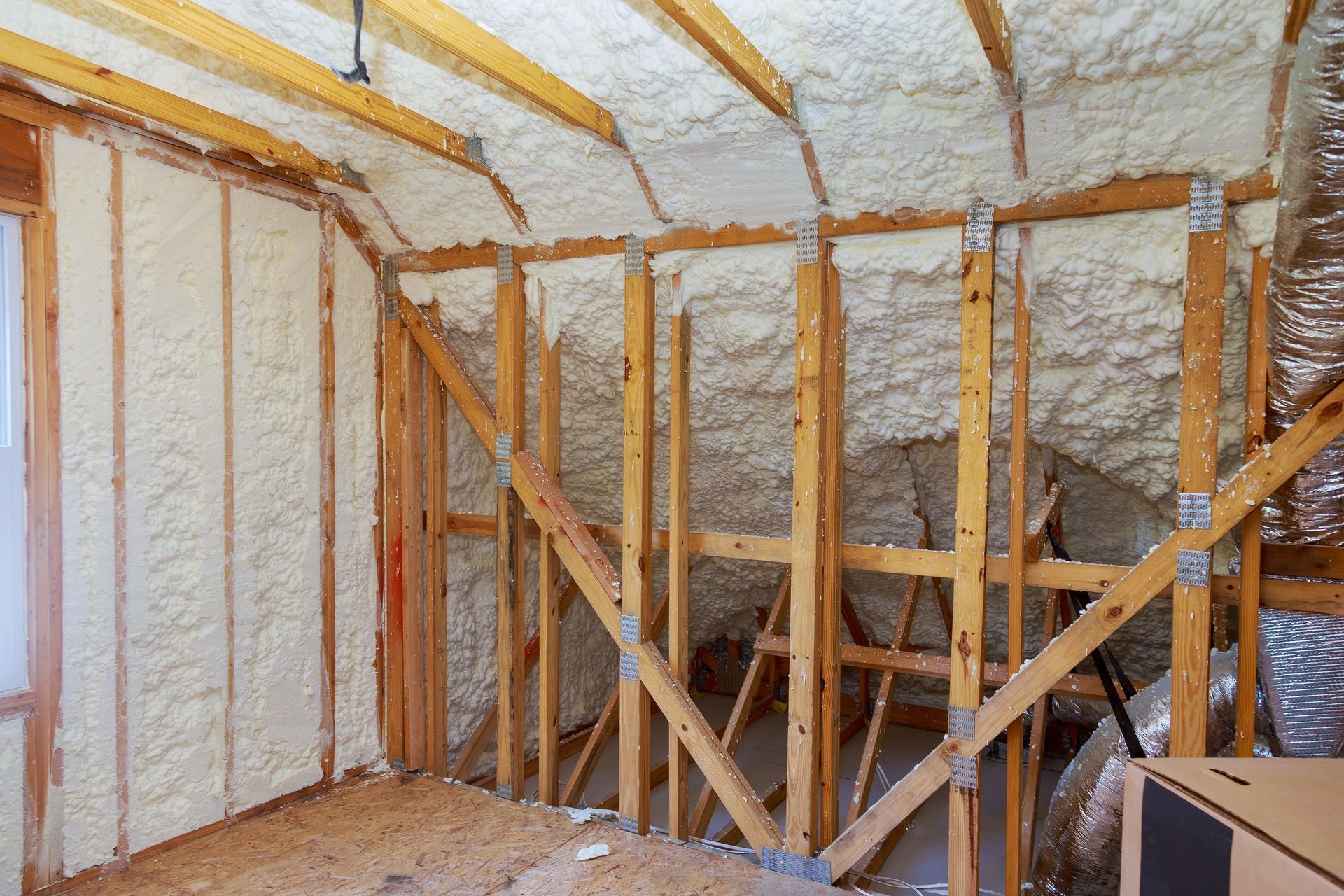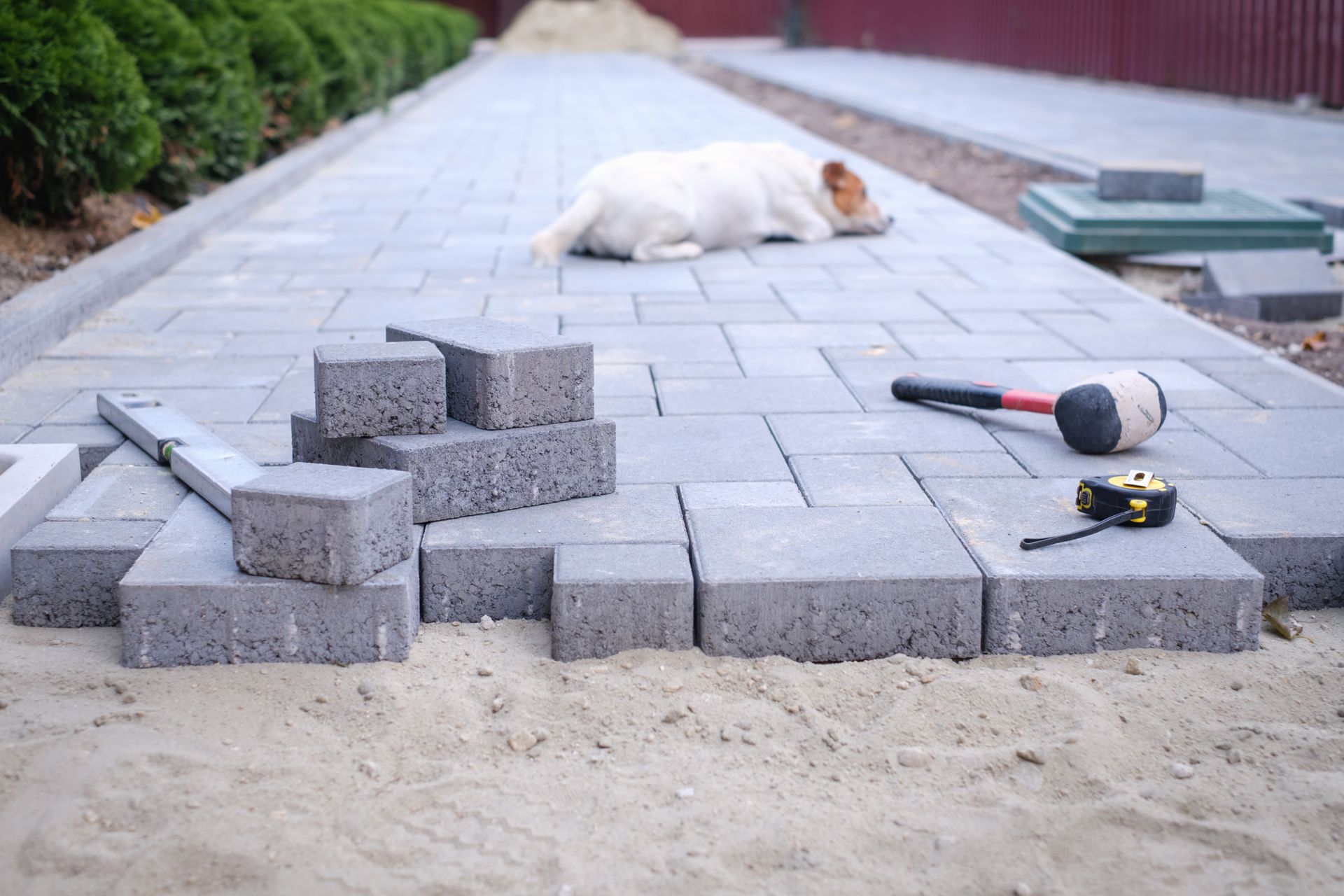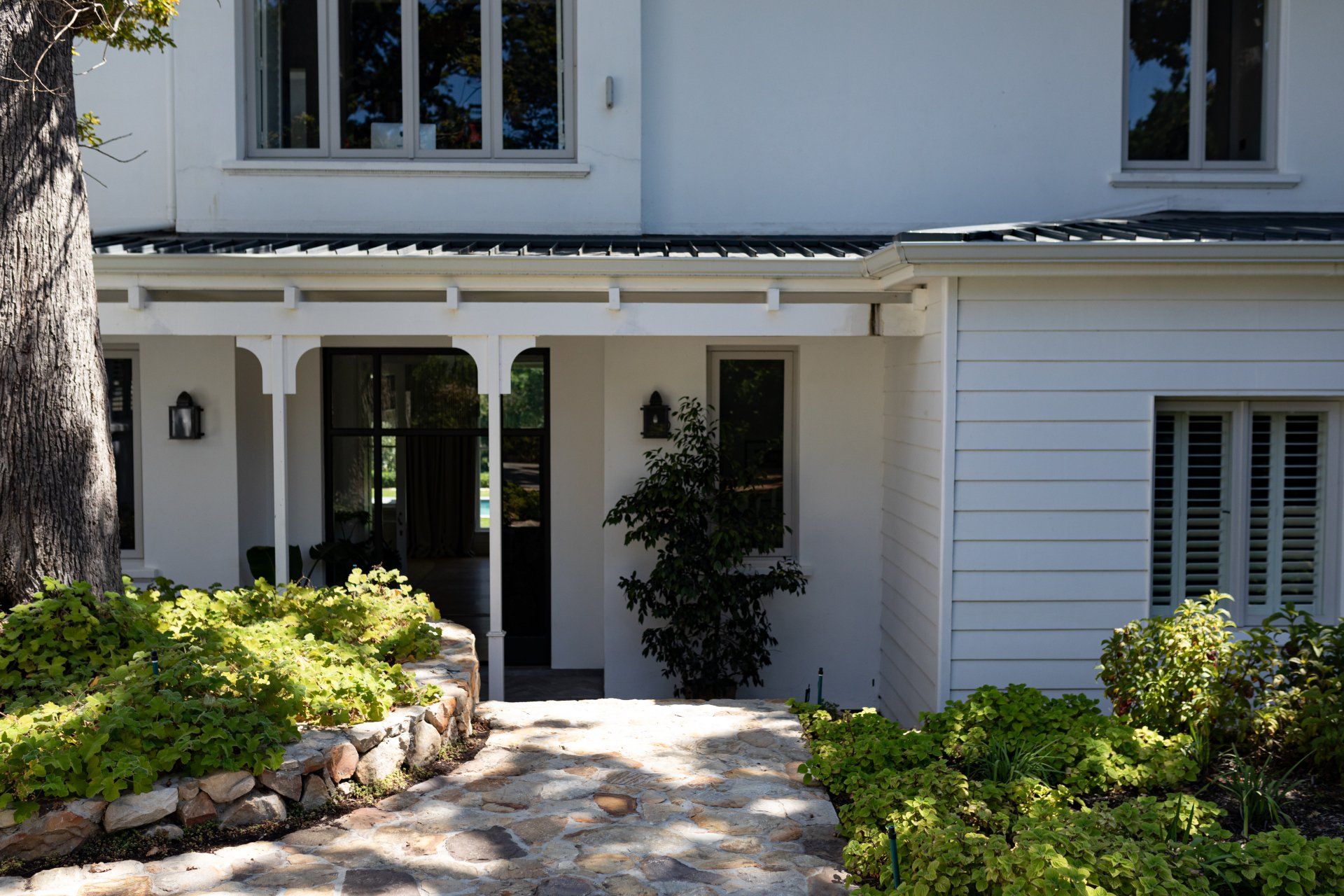Blog
Blog
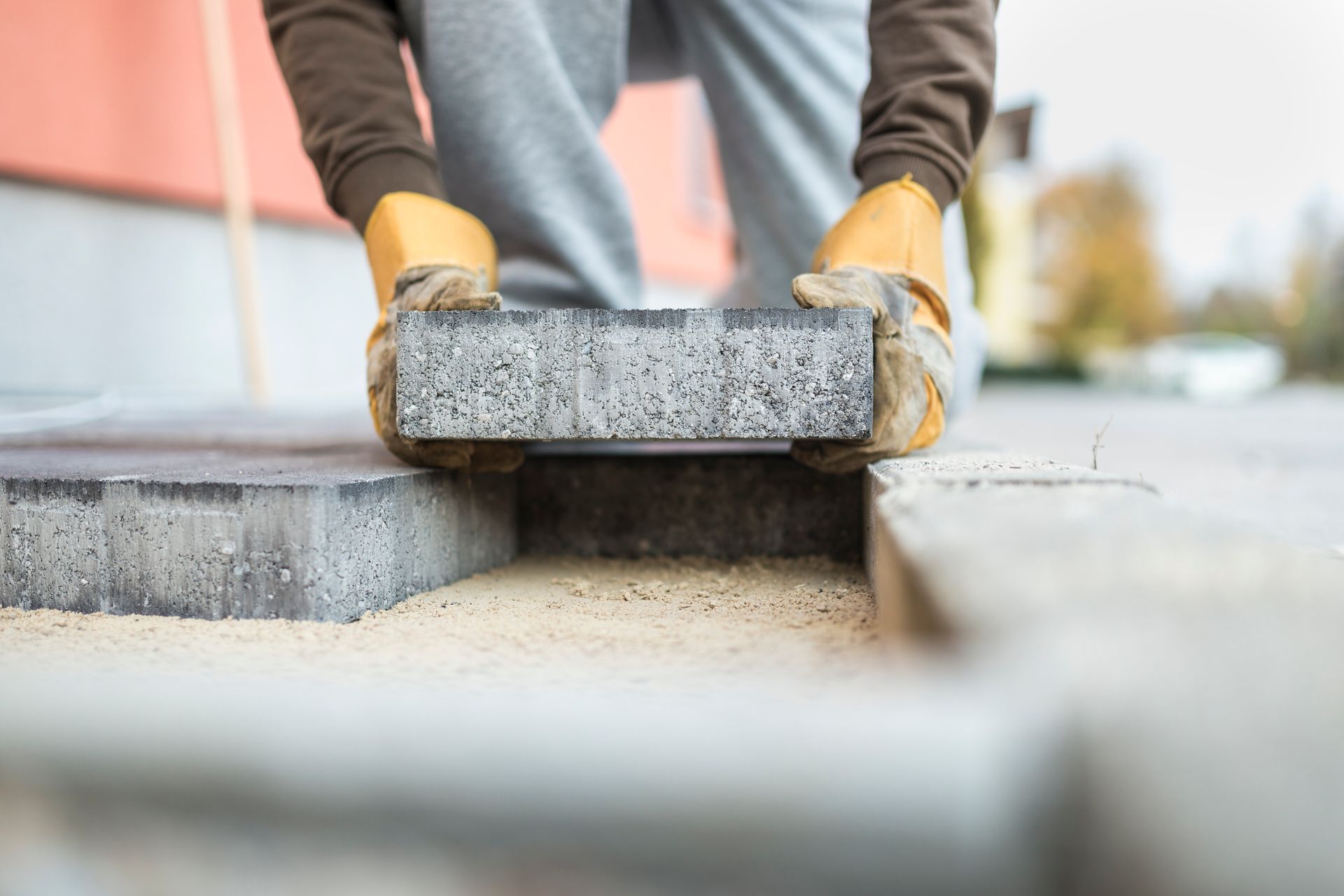
By Ilya R
•
01 Mar, 2023
If you have a brick house, you may not have ever thought about the process of getting those bricks where they need to be. However, if you’ve had any problems with your home (cracked bricks, faded bricks, etc.) then you likely have some questions about the process, how bricklaying is done, and what you’ll need to do to get your situation fixed. Here are some of the top questions people have about bricklaying. What Causes Cracked Bricks and Can They Be Repaired? There are a few ways that bricks can crack. One of the most common is bricks that lose their facing. This refers to a situation where small cracks in the brick occur and the outer surface starts to come off. One of the main causes for this type of cracks is moisture getting inside the bricks, freezing, and expanding. This is more common in cold climates. Another possible issue is the mortar between the bricks cracking. When this happens, you sometimes get a “staircase” effect where it looks like steps going up through the mortar. These issues are typically caused by moisture-related settling of the foundation. Other cracks can be caused by various issues, such as material depreciation, thermal expansion, or environmental factors such as wind and rain. Whether or not the bricks can be repaired depends on several factors. Some damage is cosmetic while other damage is structural and can cause serious problems for a homeowner. Having a talented brick layer look at the situation can determine the extent of the issue and what needs to be done to repair the damage. In some cases, mortar or individual bricks can be removed and replaced. In other cases, structural repairs will need to be done to prevent the problem from happening again or worsening. What Time of Year is the Best to Conduct Masonry Repairs/Rebuilds? In general, you want to do masonry repairs and rebuilds when it isn’t too hot, and it isn’t too cold. This means when the temperature is over 40°F but less than 100°F. This is why it’s a good idea to regularly review and examine the bricks on your home. If you find a problem and the weather isn’t appropriate for repairs at the time, it could worsen before the problem can be fixed. Does the Color of Bricks Dade? How Can I Clean Them? If you have a brick wall that is starting to fade or lose its original appearance, there are a few things you can do. First, exterior brick can be cleaned by using a vacuum to get rid of any dirt, then the wall can be washed with soap and water. A sponge or soft brush should be used to clean off any dirt. Then rinse with water. Don’t use a wire brush, since these can leave bits of metal behind that can rust and cause damage. If you use a pressure washer to clean the brick, use caution. Too much pressure can damage the brick. In some cases, faded bricks can indicate a more serious issue. For instance, moisture can sometimes cause bricks to change color or fade. If this is happening, it’s recommended to ask a professional for assistance. Underlying issues should be investigated and resolved. Another situation where a professional is recommended is in situations where sealing is required. Professional sealing can restore brick colors and help protect bricks from additional damage or discoloration. Speaking with an expert can help you determine if this is a good idea for your situation. How Often Does Brickwork on Homes or Used in Landscaping/Driveways Need Maintenance? Brick is very long lasting and brick buildings can last for many, many years without needing significant maintenance. However, mortar is less strong and can degrade more quickly. Usually, it requires some maintenance every 20 years or so. Properly caring for, cleaning, and sealing your brick is crucial for ensuring its life. With proper care, you can keep your bricks looking and performing great for years to come. For more information, or to schedule an appointment, please give us a call at 602-469-8569 or contact us online .
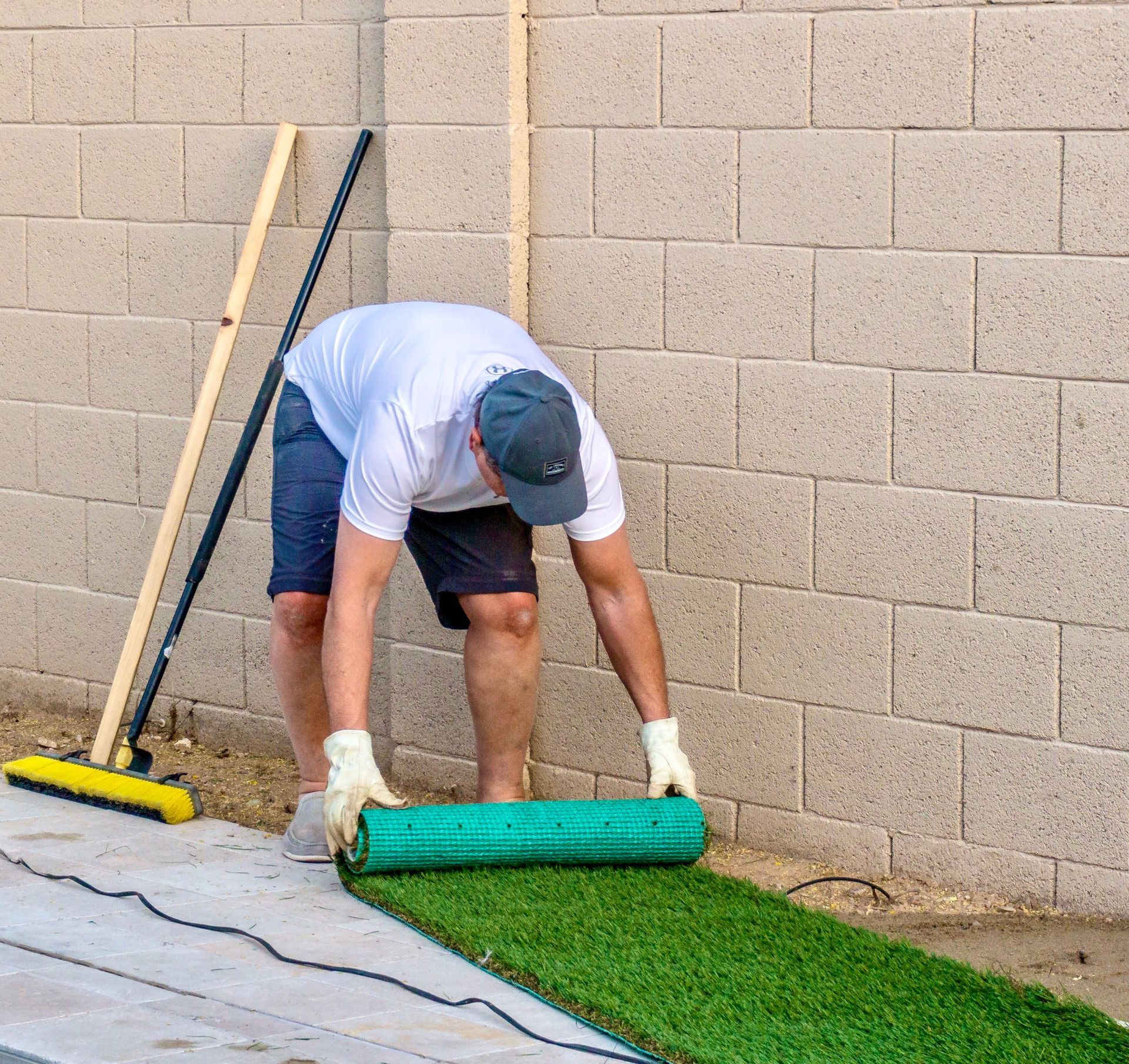
03 Jan, 2023
If you are no longer enjoying caring for your lawn or are too busy to even think about it, consider installing an artificial lawn. It is quickly becoming a popular alternative to having natural grass, and the installation costs are quickly overshadowed by the numerous benefits that come with it. You will spend less time maintaining your lawn, it prevents weeds, and it is incredibly safe for children along with pets. Read on to learn more about this innovative material that can enhance any backyard design. Maintenance One of the artificial grass's most convenient aspects is the minimal maintenance required to look its best. For starters, you do not have to worry about the weather causing any damage or changing its appearance. In any weather, artificial grass always has an excellent aesthetic appearance. It will always have its lush green color and will not fade with the sun. In contrast to actual grass, artificial turf doesn't require regular watering, fertilization, or mowing. Therefore, you can spend more time enjoying your gorgeous backyard rather than fatiguing yourself in the summer heat to perfect your lawn. One thing to consider is that artificial grass can be an excellent solution for seniors who wish to continue living at home but can no longer care for their lawns. The same can be said for anyone who is disabled. Finally, if you are often away from home on business trips or love to travel for long periods, owning artificial grass removes the worry of coming home to an overgrown lawn. Leaving grass unkempt for too long can invite some unwanted pests, look unsightly, and even potentially cost you a fine from your city or homeowner's association. Prevents Weeds Weeds have a considerably harder time growing through synthetic turf than actual grass because it is significantly more weed-resistant. It is possible to be weed-free by installing a protective layer and using weed killer. Long lifespan Artificial grass can resist tearing, does not dry out in hot weather or become waterlogged, and won't be affected by pest infestations. It is much tougher than actual grass. Depending on the circumstances, you can expect your artificial lawn to last up to 15 years. Safe for children and pets Artificial grass is excellent for kids. It is clean, soft, and cushioned, making it ideal for playing on, and it does not require chemicals or pesticides, unlike natural grass, making it safer. If you are a pet owner, your artificial grass will not get damaged or dug up by animals like actual grass can. It is simple to clean and remains hygienic despite being exposed to urine. Additionally, it is resistant to mud patches dug out by dogs. And much like natural grass, dogs adore playing on it. You can use mild detergent and water if you need to clean an area where your dog has done their business. Cost-effective Over time, artificial turf is less expensive to maintain. This is because of the cost of maintaining natural grass, including fertilizers, insecticides, lawnmowers, gardening tools, and the time needed to remove weeds. Due to this, it is far less expensive than natural grass throughout its lifecycle. Call us Today! If you are interested in investing in an artificial lawn and want to learn more, call us at 602-469-8569 or fill out our online contact form with any questions. Prosperity Construction Services provides all the home renovation services you need to transform your home. We also specialize in artificial turf installation so that you can spend more time relaxing in your backyard and less time worrying about caring for your lawn.
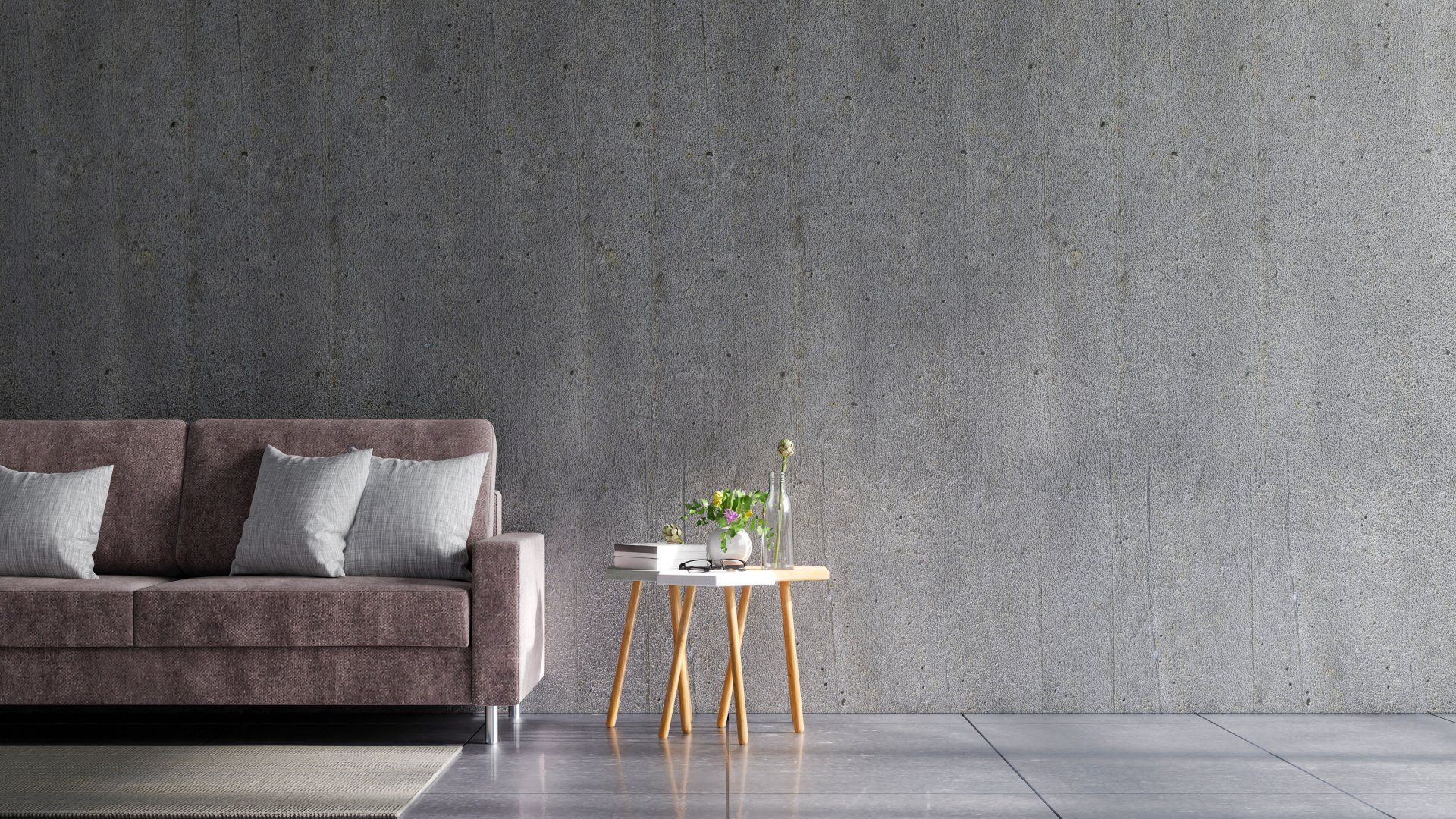
11 Feb, 2022
Concrete has a reputation for being one of the most popular construction materials on the planet. There are few places you can go these days that don't have buildings made of concrete, and for good reason. From foundations and formworks to floors and driveways, concrete offers numerous benefits to residential and commercial property owners. With so much popularity, it's no surprise that concrete is surrounded by its fair share of fables, too. With more than 20 years of experience serving property owners throughout Phoenix and Scottsdale, Arizona, the concrete contractors at Prosperity Construction Services are able to debunk the biggest myths about concrete. Read on to find out what’s true and what’s false when it comes to concrete! The Color of Concrete Is Always Gray Most people think of the color gray when they imagine a concrete floor or ceiling. While it's true that concrete most often comes in gray, it comes in different colors, as well. Property owners can choose to add materials such as colorants to their concrete for different, more exciting colors. Concrete Is Impermeable When we use the word impermeable, we're talking about a surface's ability to prevent water from passing through it. The most impermeable surfaces are actually those that are non-porous, which concrete most definitely is not. Concrete has lots of microscopic holes that make it porous and, thus, permeable to liquids and gasses. Concrete Is Not Eco-friendly Cement gets a bad rap for being non-eco-friendly because of how much carbon dioxide the cement industry generates. While it's true that the cement industry produces a significant amount of greenhouse gasses, cement itself is far from being detrimental to the environment. Concrete that you add to your property during a concrete installation is not going to reduce your eco-friendliness and can even contribute to energy savings over the long term. Concrete With Higher Strength Is More Durable Concrete with higher strength doesn't necessarily translate to greater durability. When we refer to concrete's strength, we're actually talking about what is referred to as compressive strength. Compressive strength, while important to concrete's durability, isn't enough on its own to constitute long-lasting durability. Concrete also needs durable reinforcing steel and reduced exposure to harsh elements to maintain a long lifespan. Concrete Is Cold It's a common but incorrect belief held by many that concrete is a cold surface. In reality, concrete is great at absorbing heat, retaining it, and releasing it over time. Concrete is so good at heat absorption that it's actually warmer than other surfaces such as tiled floors and ceilings. Concrete's tendency to absorb and retain heat makes it a great candidate for underfloor heating, as well. It’s Easy to DIY Concrete Projects Last, but certainly not least, is the common misconception that concrete projects are easy to DIY for both beginners and experts. This belief probably stems from the fact that pre-mix concrete is easy to find at nearly any hardware store. Pair this with the fact that the internet has spawned many DIY tutorial videos over recent years, and it's easy to see why some may think it's easy to DIY concrete jobs. In truth, many concrete installation jobs, like driveways and pathways, require the experience of experts like those at Prosperity Construction Services. So, instead of tackling your next concrete project yourself, why not rely on a professional concrete contractor team like ours that has more than 20 years of experience serving Phoenix, AZ property owners? Learn more about how we can help by giving us a call at 602-469-8569 and get a free quote today!
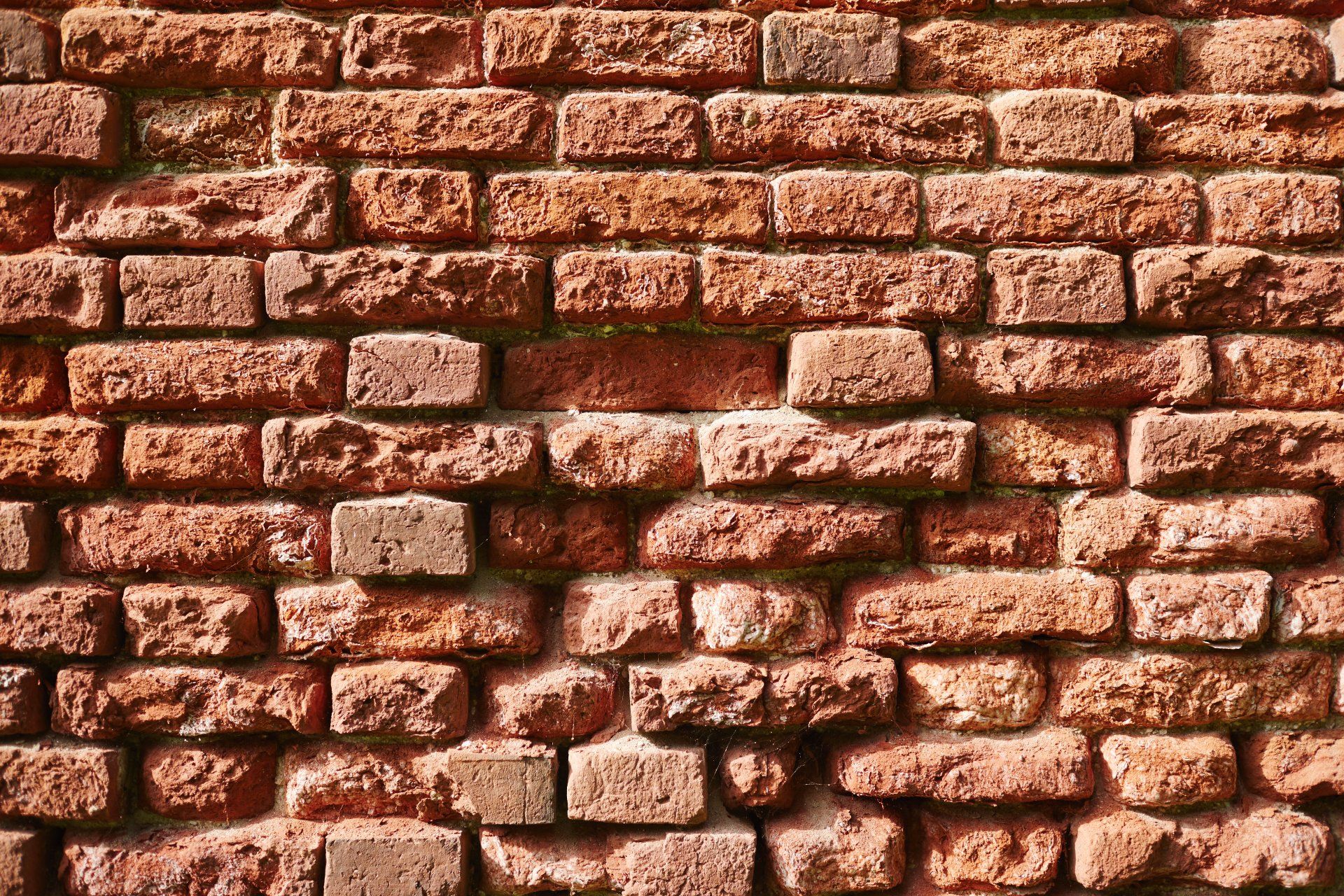
04 Aug, 2021
Most people who use brick for their buildings choose it for its durability. However, this does not mean it does not require any maintenance. Cleaning, protecting, and repointing are essential for the longevity of your brick wall. Here is what you can do to ensure that your walls look good and stand strong all the time. Firstly, you need a routine inspection of your home. Check for damaged mortar, broken bricks, growth on the wall, and stains. When you know what you will be working on, you can easily maintain your wall . How to Clean Brick Walls If your home receives little sunlight, it’s possible that mildew, moss, and mold growths have caused discoloration of your walls. You can get rid of these using bleach and a synthetic brush. Avoid using a steel brush - the bristles can leave residues that may cause rusting in the future. Mix one gallon of water with a cup of bleach for your cleaning; this will reduce the strength of the bleach and mitigate the effects of the harsh chemical on your walls. Clearing plant growth is also an essential part of the cleaning process. These growths can destroy your bricks if you allow them to grow bigger. Resist the temptation to pull them out as that will cause more damage. Rather, cut them close to the wall and allow them to die off naturally. Repointing Tips You need to maintain your brick walls to reduce moisture damage. Water is one of the major causes of destroyed walls; moisture can get to the wall by rainwater splashing against it or water seeping from the ground into the wall. The water splashing against the wall usually gets to the mortar and causes cracks in it. The cracks sometimes get to the bricks. Water seeping upwards from the ground also dampens the lower part of the wall. The water leaves crystallized salt when it evaporates that can cause the wall to break down. Hence it is essential to repoint your walls. The best way to successfully repoint is to carefully remove soft mortar without impacting the unaffected area. An experienced bricklayer can skillfully apply the fresh mortar in the layers. Done properly, the fresh mortar will match the original and also hold firmly. Protection Tips You should inspect the weep holes in the bricks regularly. Weep holes are created at the bottom of walls to allow moisture out of the wall. These holes may get clogged occasionally; these clogs must be removed to prevent water damage. You can also paint your walls to maintain them. If you do not want to alter the appearance of your walls, choose appropriate paint products. When choosing a coating, pick one suitable for your climate. Some sealants trap moisture, which can cause more harm to the wall in the future. This is why it is essential to consult an expert before choosing a sealant or coating for your walls. Contact the Experts The discussion above outlines the importance of an expert’s opinion in the maintenance of brick walls. An expert will do a good job in extending the longevity of the wall while improving the curb appeal. Do you have a brick wall? It’s time to call in an expert for a checkup and subsequent maintenance projects. At Prosperity Painting LLC, our skilled and experienced staff provide proper maintenance for brick walls. Call us at 602 469 8569 or complete this contact form to get in touch. Our experts will discuss your project needs and help you with a quote.
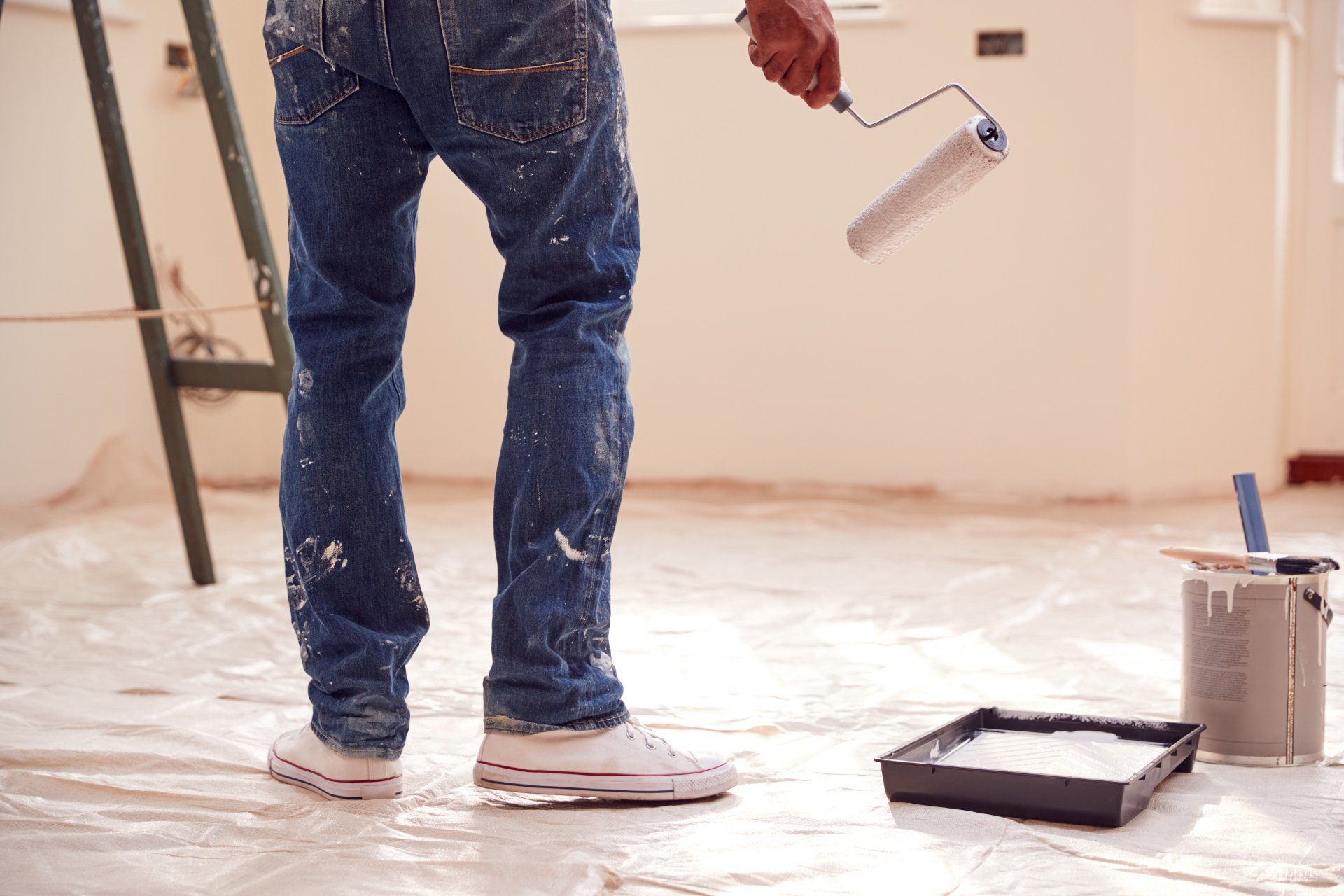
07 Jul, 2021
In most cases, painting your home seems like the most viable option. However, it’s not as straightforward as you might imagine. If you want the best finish possible, it’s important to hire a qualified painting contractor . Not only will the end result be better, but you’ll save yourself a ton of unnecessary work. In this article, we will outline 4 reasons why you shouldn’t do your own painting, especially if you don’t have previous experience. You will learn how it can be more time consuming and expensive, how you’ll lose out on quality results, and the most common health and safety hazards. 1. It’s Time Consuming Painting your home can be extremely time consuming, and we’re not just talking about the painting aspect. Before you even begin painting, you’ll need to go to the hardware store and purchase the necessary equipment. Once you’ve purchased paint brushes, rollers, a bucket, and your paint, it’s going to take a long time to get it on the walls, especially if you’re painting your whole home. What’s more, you’re also going to need multiple coats of paint, costing you more time and energy. And that’s only taking into account indoor painting. If you’re using exterior house paint, you need to allow 24 hours for the paint to dry before you can apply a second coat. 2. It Can Be More Expensive It’s not necessarily the case that a DIY painting job will be the cheaper option. You’ll need to buy all the materials (which a contractor already has) and pay for fuel to get to the hardware store. Unless you’re working on weekends, you’ll need to take time off work to finish the house. When painting a room, it’s difficult to stop and start because the furniture needs to be moved around. That’s why it’s better to get it done over a few consecutive days. 3. You’ll Lose Out on Quality Results While you may think it’s easy to DIY a paint project, it’s actually rather difficult, especially if you don’t have previous experience. You’ll need to learn how to prepare your home for painting, cut in the corners, and prevent streaks from forming. And that’s only the basics! There are tons more tactics professional painters use on a daily basis which prove extremely difficult for somebody with little to no experience. With so much preparation and skill involved, tackling a painting job yourself is likely to provide inferior results. If you want amazing results you can be proud of, you need to leave it to the professionals. 4. It Can Be Dangerous Most people consider painting relatively risk free. However, this couldn’t be further from the truth. When painting your home, you’re bound to encounter hard-to-reach areas. These difficult-to-reach areas require the use of a ladder, which puts you off balance and increases the chance of falling. While this doesn’t pose a big risk when painting the inside of your home, the possibility of injury increases when bringing your exterior house paint ideas to life. Through years of trial and error, an experienced professional knows how to balance their body weight when painting ceilings and exterior walls, minimizing the risk of injury. While injuring yourself poses a major problem for DIY painters, there’s another danger you may not have considered. If you haven’t had much previous experience painting, it’s easy to misplace a bucket of paint. Doing so increases the chances of you accidentally kicking it over, causing a spillage that’s near impossible to clean up. A professional painter has developed the spatial awareness necessary to understand where their paint, tools, and brushes are at all times, helping prevent accidental spillages. What’s more, if you decide to DIY a paint project and encounter an accidental spillage, you’ll have to pay for new flooring, which isn’t cheap! Do You Need an Experienced Painter? Contact Us for a FREE Quote Our highly-trained professionals are available to tackle any painting job you throw their way. We have years of experience and specialize in exterior painting. You can call us on 602-469-8569 or contact us for a FREE quote.
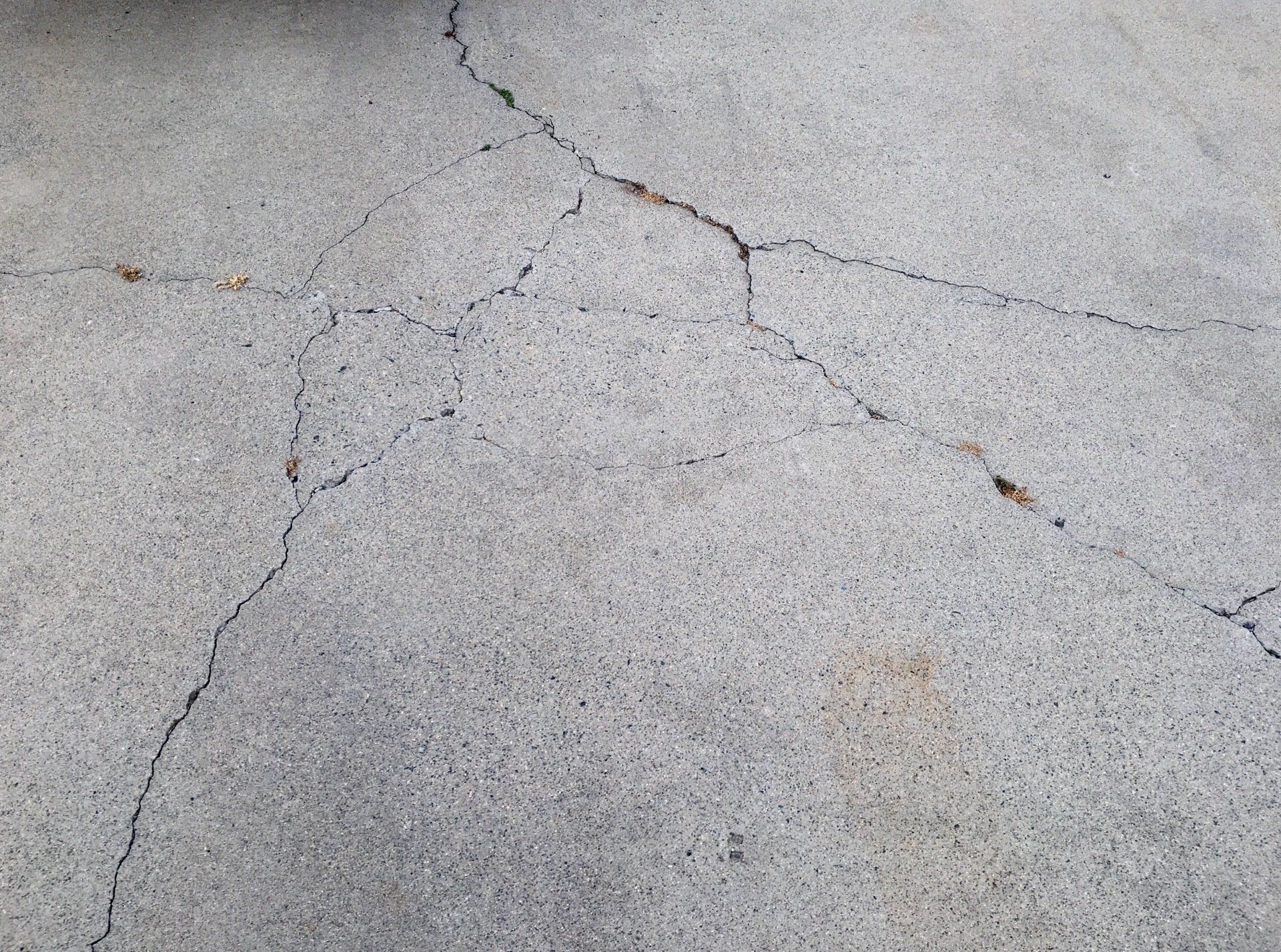
04 Jun, 2021
For the most part, you can expect a well-made concrete driveway to last a long time. Still, after some time, your driveway will need to be replaced. There's no way around it! Old and worn-out or damaged driveways can pose safety risks, so it’s better to have them replaced on time. In this article, we will help you determine when it’s time to bite the bullet and invest in a new driveway. Read more to learn about the most common types of damage such as old age, standing water, potholes, and deep cracks. Different Types of Driveway Damage 1. Old Age As with everything in this world, your driveway will age with time, even if you don’t use it all that much. Weather conditions play a big factor in how long the concrete will last. If you live in an area where it rains a lot, then your concrete driveway might not last as long as you had hoped. While most driveways last up to 30 years, you may begin seeing damage on yours after just 20 years if it’s constantly exposed to rain. If you notice any signs of water damage, it may be time to talk to concrete contractors . 2. Standing Water Standing water typically occurs after heavy rainfall. As a result, puddles of water gather in your driveway, threatening to damage your property. In most cases, the water accumulates because of drainage problems; however, if your driveway is already showing signs of damage, it could worsen the situation. Property damage is not the only negative repercussion of having standing water. When stagnant water is left for long periods of time, it becomes a breeding ground for bacteria. Coming into contact with this water could cause infections and other adverse effects on your health. You also have to consider the potential danger of slipping over the puddle and injuring yourself. In addition, standing water tends to collect a lot of moss, which can be slippery. 3. Potholes Like most driveway issues, potholes typically form after a period of heavy snow or rain. These conditions weaken the concrete, paving the way for potholes to begin appearing. Potholes cause damage not only to your car, but they can also cause people to fall over and injure themselves. Worse, when left untreated, they become larger, deeper, and more prominent as a risk to your limb and vehicle. 4. Deep Cracks As the years go by, you may notice cracks starting to appear in your concrete driveway. Once again, the most common cause of driveway cracks is bad weather. However, that’s not the only reason your driveway may be falling apart. It’s also worth mentioning that heavy vehicles play a major factor in creating driveway cracks. This doesn’t apply for smaller vehicles, but if your driveway is constantly supporting over 10,000 pounds in vehicle weight, then it’s something to keep in mind. Alternatively, a bad foundation could be to blame. Regardless of what’s causing the cracks, it’s important to get them repaired as soon as possible; otherwise, you may need to pay out for a new driveway. Call Us Today for a Free Quote Whether you have noticed potholes, standing water, cracks, or your driveway is looking a little old, it’s important to talk to a professional to avoid further damage. If you neglect it for too long, you may need to replace your entire driveway. If it so happens that the concrete in your driveway has actually reached the end of its life, then talking to a professional contractor becomes even more imperative. Repairing your own driveway can be a pain, but Prosperity Construction Services can help. Call one of our experts today at 602-469-8569 for a FREE quote, or reach us through our website so we can bring your new driveway ideas to life.
Call Us Today!
602-469-8569
Quick Links
Contact Us
Hours of Operation:
Monday: 7am-9pm
Tuesday: 7am-9pm
Wednesday: 7am-9pm
Thursday: 7am-9pm
Friday: 7am-9pm
Saturday: 7am-9pm
Sunday: 7am-9pm
Email Us:
Service Areas
Phoenix, Apache Junction, Tempe, Youngberg, Mesa, Gilbert, Gold Canyon, Glendale, Peoria, Sun City, Guadalupe
© 2021 Prosperity Construction Services. All Rights Reserved. Powered By OneLocal | Privacy Policy

